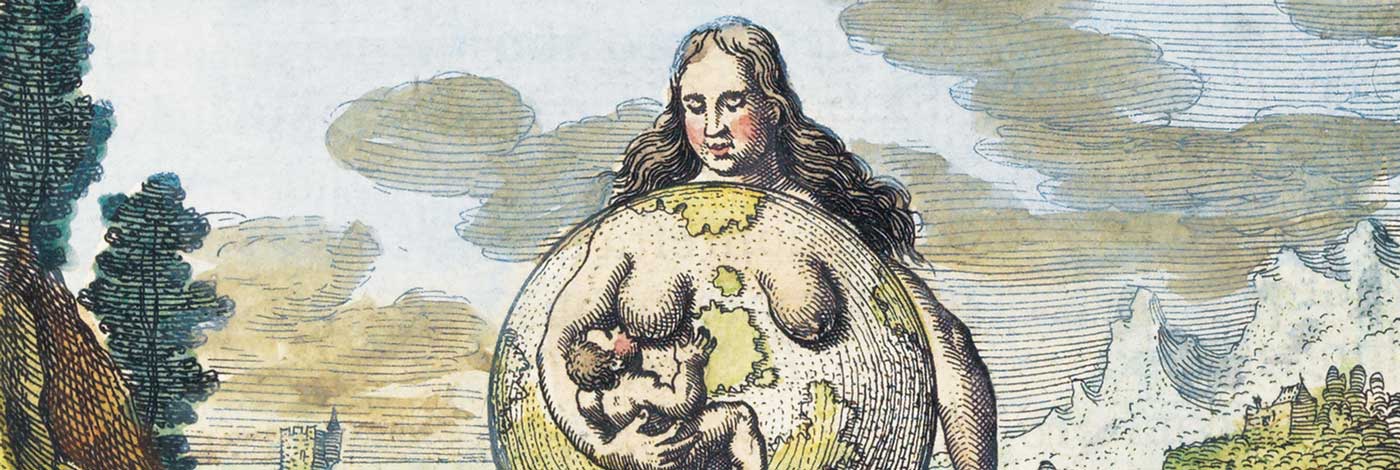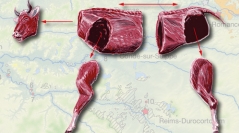

 Anthropozoologica
50 (1) - Pages 5-20
Anthropozoologica
50 (1) - Pages 5-20Over the last two centuries B.C., Northern Gaul is confronted with a severe socio-political crisis revealed by a phase of considerable urban development. The re-organization of the territory deeply alters the landscape of Belgic Gaul as the signs of actual Gallic city-states emerge. This rapid and complete transformation of society provokes major economic changes, particularly involving meat resources. New butchering methods appear in certain pre-Roman sites, diet seems to become more standardized and the trade of meat and agricultural primary foods occupies a prominent position in the economy both within and between territories.This archaeozoological study of two large urban entities in the Aisne valley (France), the oppida of Villeneuve-Saint-Germain and Condé-sur-Suippe, dating from La Tène D1/D2, reveals differences in meat management and preparation, as well as diet.
Oppidum, archaeozoology, consumption, economy, meat, butchery.